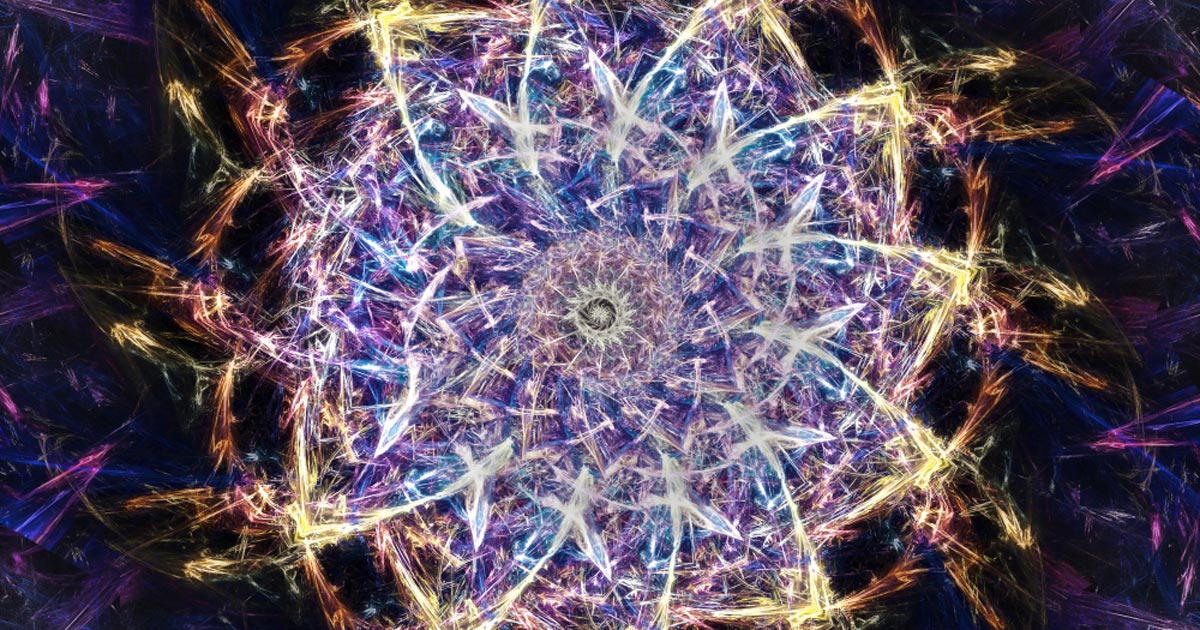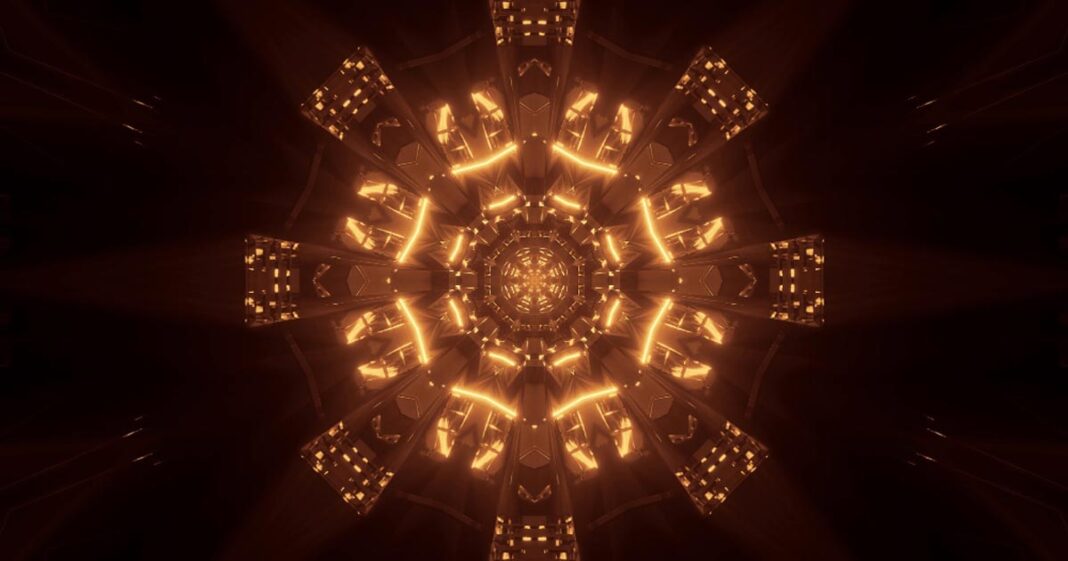
Imagine remembering something so vividly, only to find out that it never actually happened the way you recall. This eerie phenomenon is called the Mandela Effect—a collective false memory that leaves millions of people convinced of an alternate reality. Named after Nelson Mandela, whose supposed death in prison was mistakenly recalled by many worldwide, this effect reveals the strange and deceptive nature of human memory. But how does it work? And more importantly, why does it happen?
What Is the Mandela Effect?
Coined by paranormal researcher Fiona Broome, the Mandela Effect refers to the occurrence where large groups of people remember an event or fact differently from recorded history. Scientists attribute this to false memory, cognitive biases, and the misinformation effect, where external influences shape our recollection of past events.
Famous Examples of the Mandela Effect
Some of the most famous examples of the Mandela Effect include:
- The Monopoly Man’s Missing Monocle – Many believe the Monopoly board game’s mascot, Rich Uncle Pennybags, wears a monocle. However, he never did.
- “Luke, I Am Your Father” – The iconic line from Star Wars: The Empire Strikes Back is often misquoted. The actual line is “No, I am your father.”
- Berenstain Bears vs. Berenstein Bears – Many recall the popular children’s book series as Berenstein Bears instead of its actual name, Berenstain Bears.
- India’s ‘We Are Like This Only’ Phrase – A common perception among global audiences is that this phrase is a historic cultural reference in India. However, it was more of a pop-culture adoption than a traditional saying.
The Science Behind False Memories
Psychologists suggest that the Mandela Effect occurs due to:
- Memory reconstruction: Our brains attempt to fill in gaps in memories, often using logical assumptions rather than facts.
- Social reinforcement: When many people believe something incorrect, others adopt the same belief.
- Confabulation: The brain creates false memories when different pieces of information merge over time.
Indian Examples of the Mandela Effect
India, with its vast history and cultural influence, is not immune to the Mandela Effect. Here are a few instances:
- Mahatma Gandhi’s “Do or Die” Speech Misquote Many Indians believe Mahatma Gandhi famously said, “Do or die.” However, his actual words during the Quit India Movement were “Karo ya Maro,” which translates to the same meaning but has been incorrectly recalled in English over the years.
- Lata Mangeshkar’s Bharat Ratna Year Some people mistakenly believe that legendary singer Lata Mangeshkar received India’s highest civilian award, the Bharat Ratna, in the 1980s. In reality, she was honored in 2001.
- The Case of Field Marshal Sam Manekshaw Many Indians recall that Field Marshal Sam Manekshaw, India’s first Field Marshal, passed away in the 1990s. However, he actually died in 2008.
A Real-Life Story of Memory Deception: The Case of Vishwanathan Anand
A classic example of the Mandela Effect in India is related to Viswanathan Anand, the five-time world chess champion. Many Indians firmly believe that he won the first chess world championship in the late 1980s or early 1990s. In reality, Anand became India’s first chess Grandmaster in 1988, but he won his first World Chess Championship title in 2000. This discrepancy in memory showcases how collective belief can override actual history.
Psychological Impact and Lessons from the Mandela Effect
The Mandela Effect is more than just an internet curiosity. It highlights the fragile nature of memory, making us question how we perceive history and information. In an age of misinformation, where fake news spreads faster than facts, the Mandela Effect serves as a reminder to:
- Verify information before believing or sharing it.
- Understand that memories are fallible.
- Recognize the power of collective perception in shaping reality.
Conclusion: Are We Living in an Alternate Reality?
While conspiracy theorists argue that the Mandela Effect proves parallel universes, scientists explain it through psychological and cognitive biases. Whether due to false memory, mass misinterpretation, or genuine mystery, the Mandela Effect continues to fascinate people globally.
As more cases of collective misremembering emerge, one thing remains clear—our memories are not as reliable as we think. So the next time you’re certain about an event, pause and double-check. You may just be experiencing the Mandela Effect yourself.





